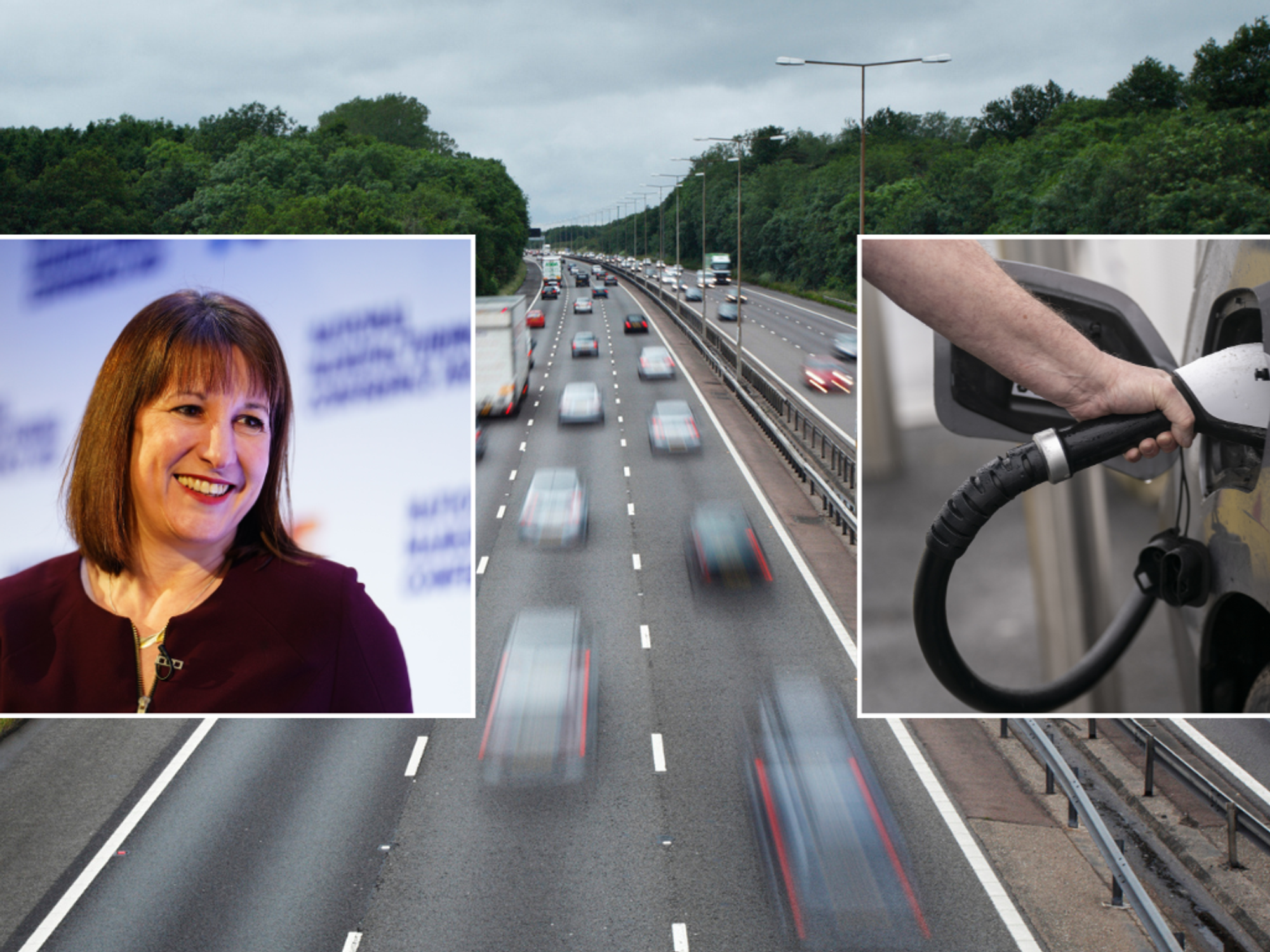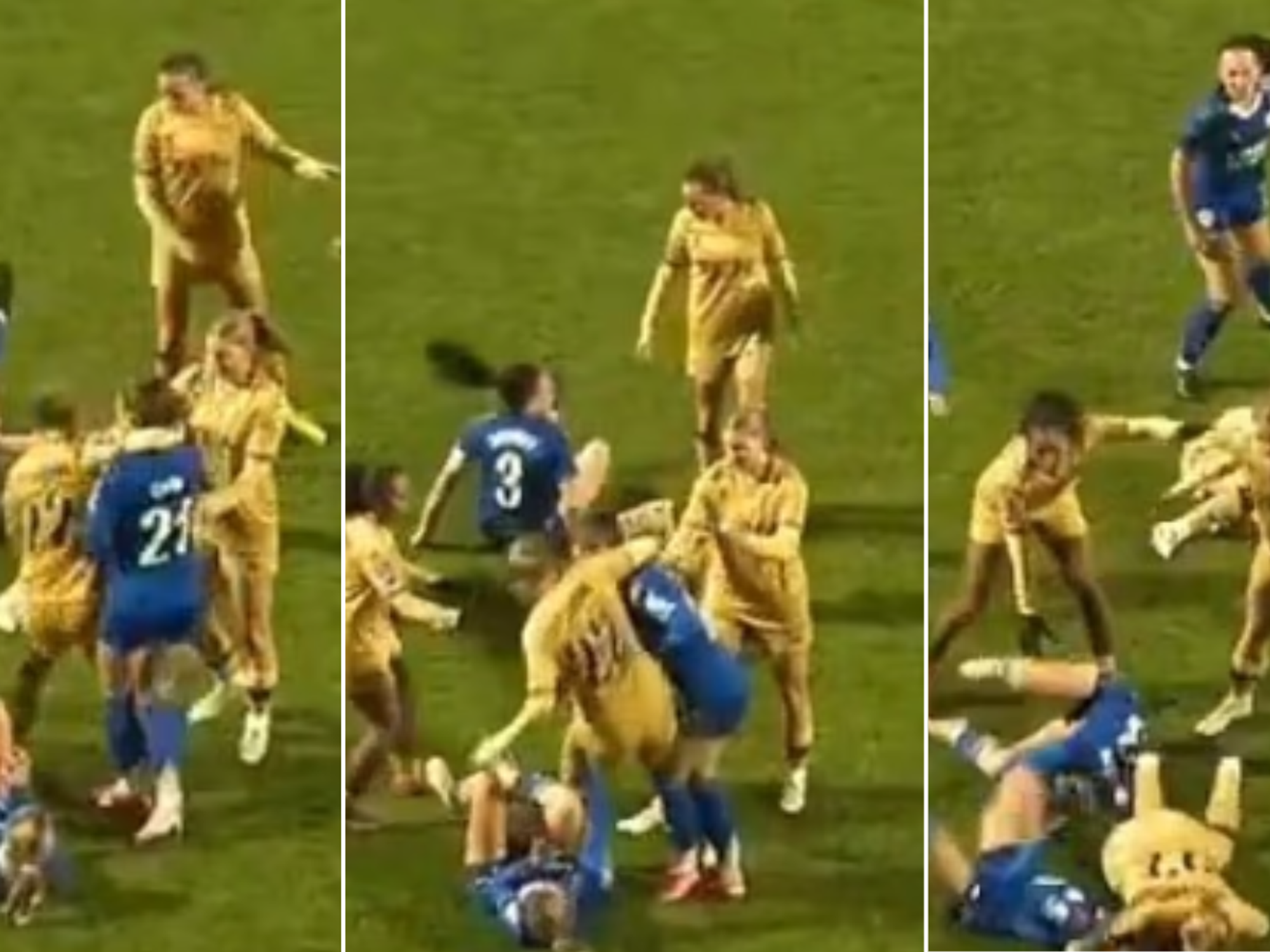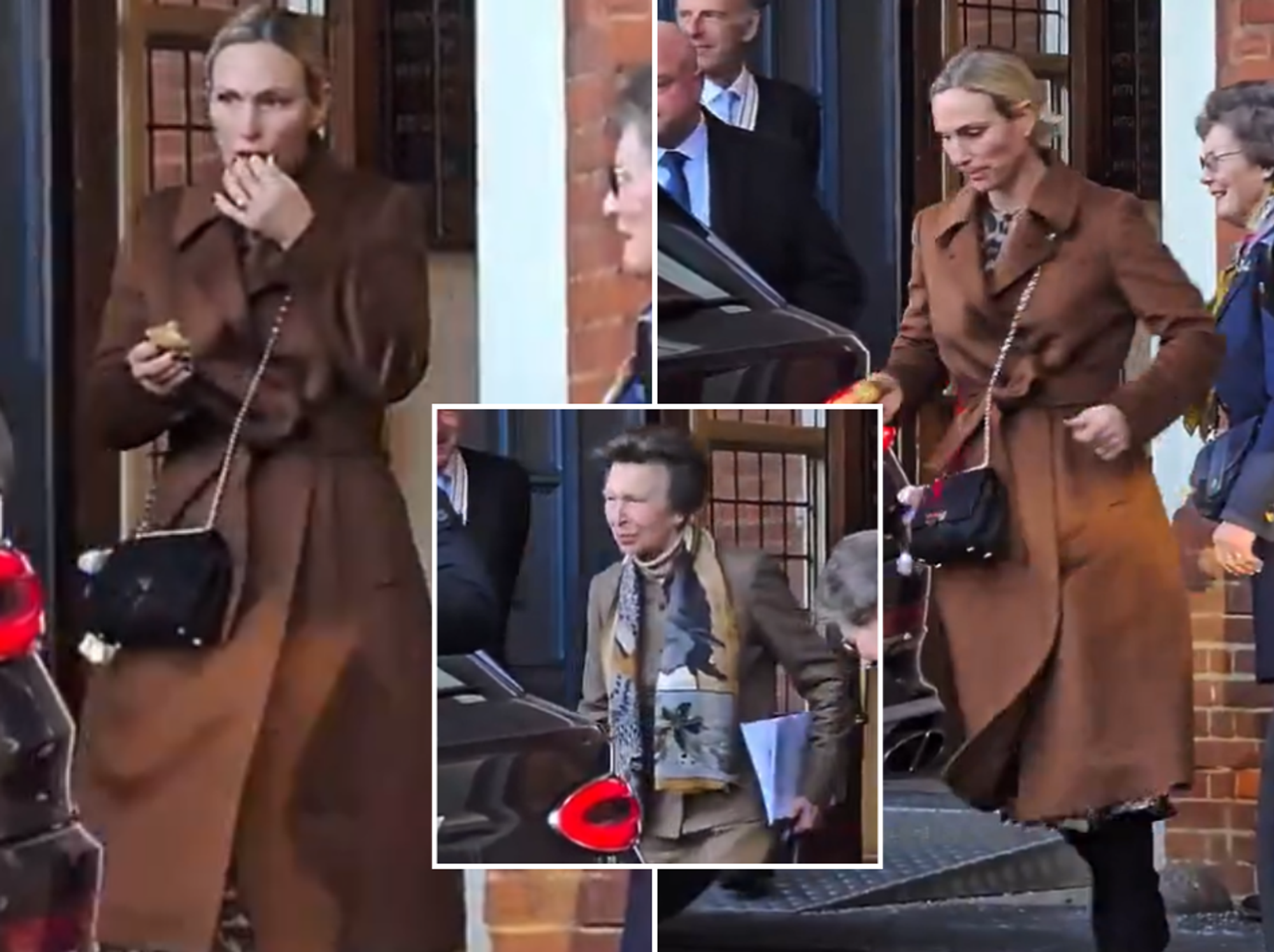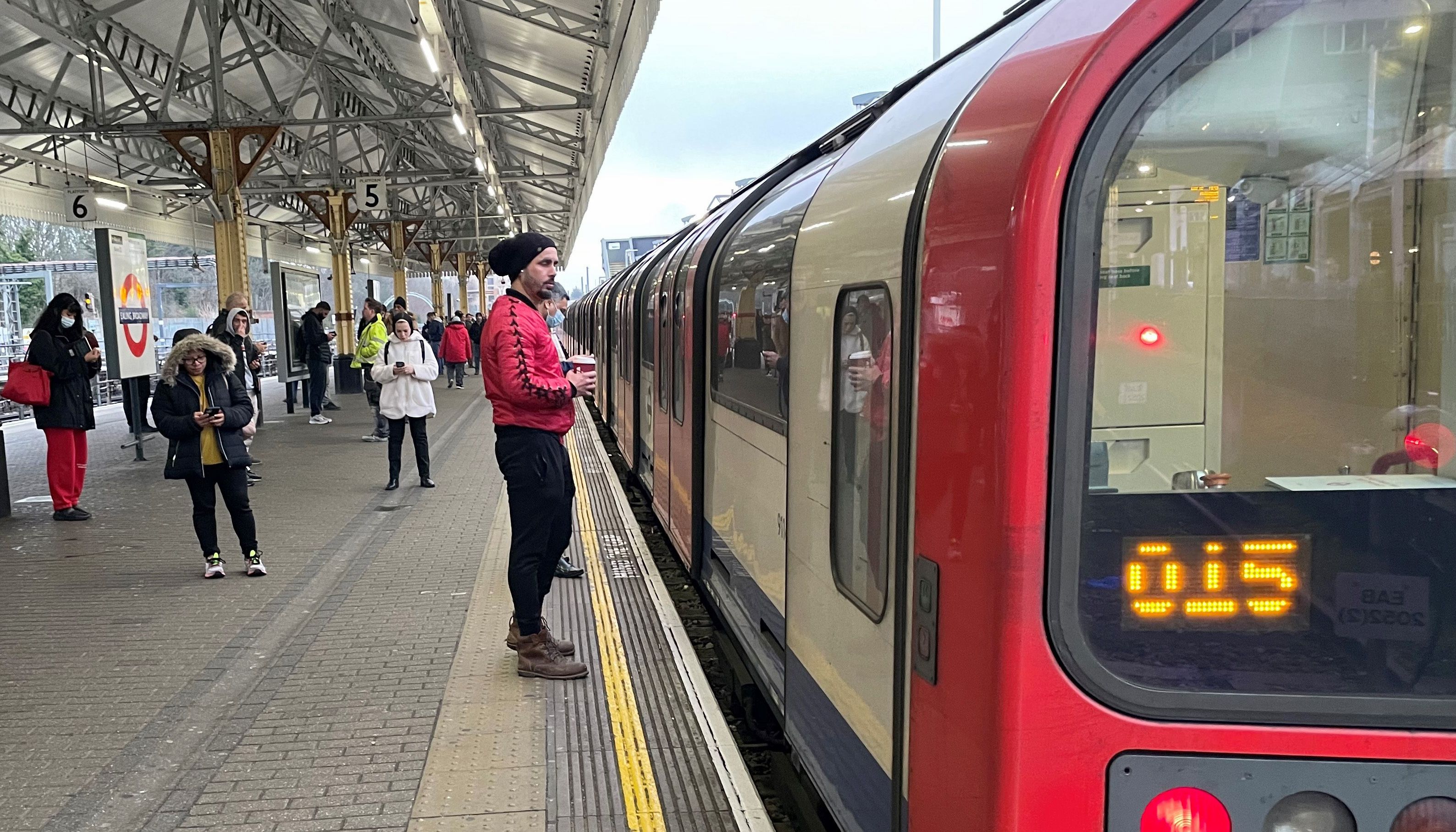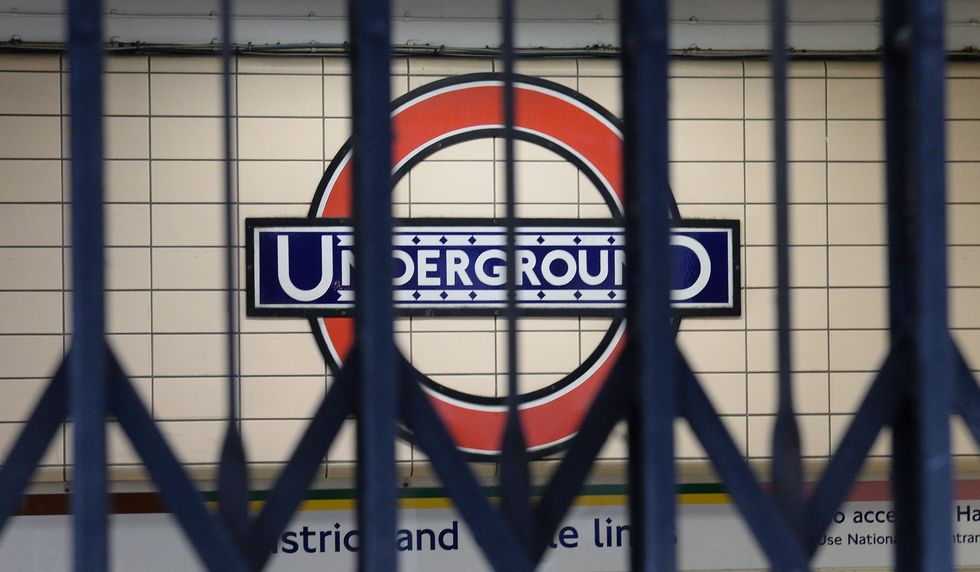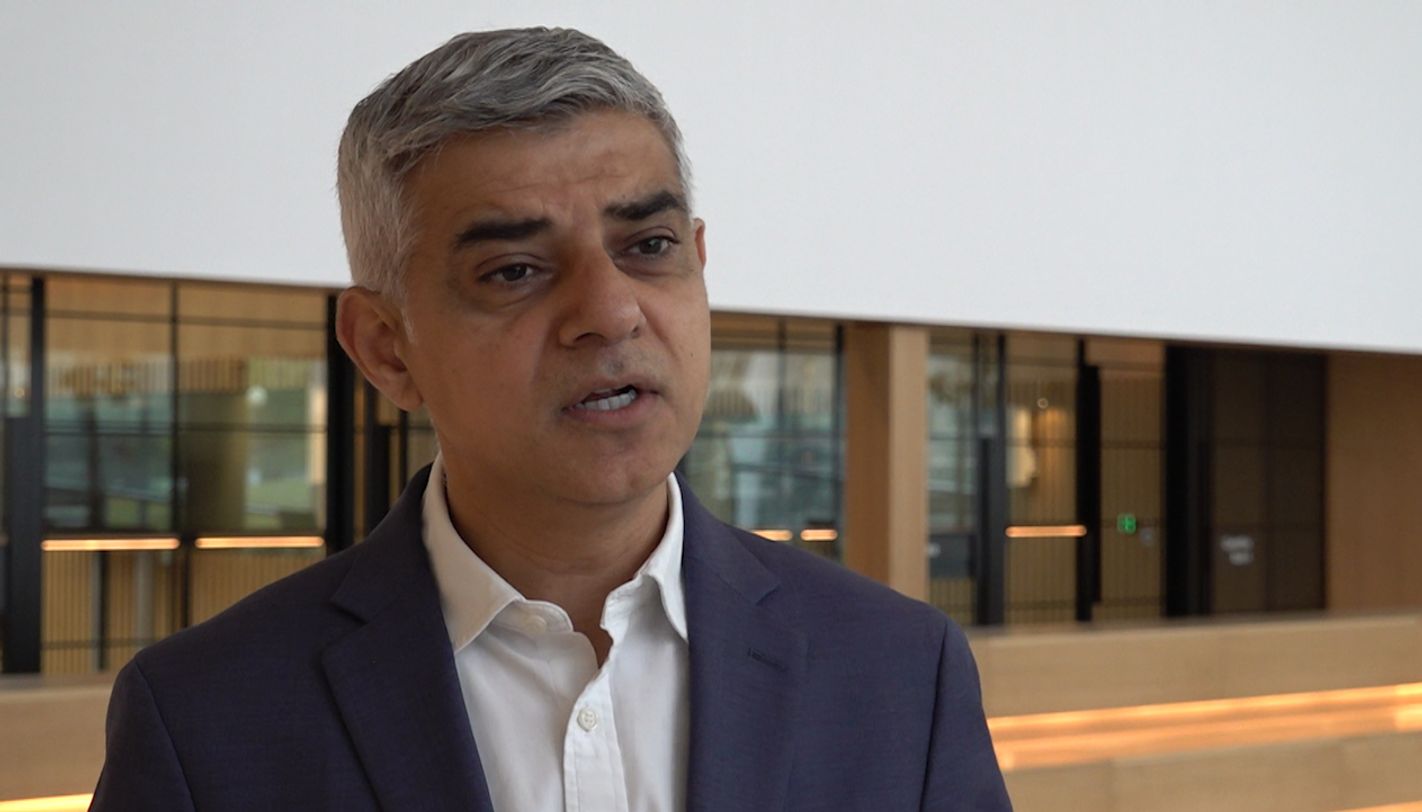More rail workers to walk out in 'biggest strike action in a generation'
Members of Unite at Transport for London have joined the Rail, Maritime and Transport by announcing plans to go on strike on June 21
Don't Miss
Most Read
More railway workers are to go on strike in growing disputes over pay, jobs and pensions, threatening massive travel chaos later this month.
Members of Unite at Transport for London (TfL) and London Underground will join a walkout on June 21 which will cripple Tube services.
The Rail, Maritime and Transport (RMT) union has already announced a Tube strike on that day, while its members at Network Rail and 13 train operators will walk out on June 21, 23 and 25.
Members of Unite at Transport for London (TfL) and London Underground will join a walkout on June 21
Joe Sene
The strikes will be the biggest outbreak of industrial action in the industry in a generation.
The disputes are over pay, jobs and pensions, with the unions complaining that railway staff who worked through the pandemic are facing job cuts, a pay freeze and attacks on employment conditions.
Unite said 1,000 of its members in London will take action over pay and warnings of plans to cut pensions.
TfL insists no decisions or proposals have been made.
Unite general secretary Sharon Graham said: “It is not acceptable that the dedicated workers at TfL and London Underground are being told to pay the price of the pandemic with their pensions, pay cuts and threats to their jobs.”
Talks between Network Rail (NR) and the union are expected to be held in the next few days.
NR is also drawing up contingency plans, with the strikes expected to cause disruption to services for six days, from the first walkout on Tuesday June 21 to the day after the third strike.
Fewer than one in five trains are likely to run, and only between 7am and 7pm, probably only on main lines.
No direct talks are planned between the union and train operators, although the RMT said it is open to “meaningful negotiations” to try to resolve the dispute and the Rail Delivery Group said it was willing to take part in negotiations.
The strikes will be the biggest outbreak of industrial action in the industry in a generation
Anthony Devlin
The strikes threaten widespread travel disruption during a number of major events, including concerts, Test match cricket and the Glastonbury festival.
Glastonbury starts on June 22, while that week will also see England play New Zealand in a Test match in Leeds, the British Athletics Championships in Manchester, and gigs in London’s Hyde Park by Sir Elton John (June 24) and The Rolling Stones (June 25).
There will also be a Commonwealth Heads of Government meeting in London on June 24 and 25 and it is Armed Forces Day on June 25.
RMT general secretary Mick Lynch said: “Railway workers have been treated appallingly and, despite our best efforts in negotiations, the rail industry, with the support of the Government, has failed to take their concerns seriously.
“We have a cost-of-living crisis, and it is unacceptable for railway workers to either lose their jobs or face another year of a pay freeze when inflation is at 11.1% and rising.
“Our union will now embark on a sustained campaign of industrial action which will shut down the railway system.”
Network Rail chief executive Andrew Haines said the organisation is “doing everything we can” to avoid the strike action.
London Mayor Sadiq Khan
Karis Pearson
“There are two weeks until the first strike is planned. We will use this time to keep talking to our unions and, through compromise and common sense on both sides, we hope to find a solution and avoid the damage that strike action would cause all involved,” he said.
Rail Delivery Group chairman Steve Montgomery said the strikes are “needless and damaging”.
A spokesman for London mayor Sadiq Khan said: “At the heart of this industrial action is the Government’s appalling approach to public transport across the country, not least its continued resistance to delivering the sustainable funding Transport for London desperately needs.
“These planned strikes are extremely frustrating and disappointing and will have a serious impact on London’s businesses and commuters right at the time when we’re working to get more passengers back on to the network, encourage tourists back to London, and support the capital’s economic recovery.
“In London, TfL has made clear that nobody has or will lose their jobs, and there are no proposed changes to pensions. That’s why the mayor urges the RMT to call off this action and to work with TfL to find a resolution.”
Andy Lord, TfL’s chief operating officer, said: “It is particularly disappointing that the RMT is threatening such disruption given that nobody has lost or will lose their jobs as part of the proposals that we have laid out, which amounts to a recruitment freeze rather than job losses, and that there have been no proposals to change pensions or conditions.
“We have been in regular talks with the RMT to try and resolve this dispute and would welcome further talks rather than strike action.”
A Department for Transport spokesman said: “After all our collaborative work over the past few weeks on the Elizabeth line, it is disappointing and unfair of the mayor to put the blame for these strikes on the Government rather than take responsibility and fulfil his promise of making TfL financially stable – especially as it was his own advisory panel who recommended pension reform.
“We’ve provided TfL with close to £5 billion during the pandemic and committed to exploring a long-term settlement to further support London’s transport network all while the mayor buries his head in the sand and continues to push for more bailouts.”







